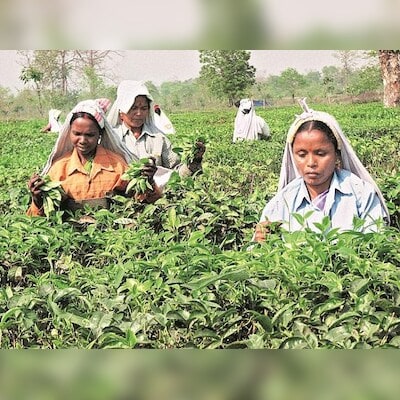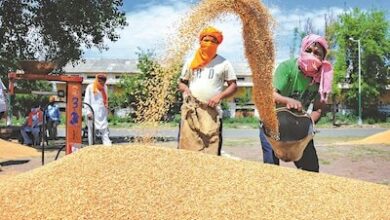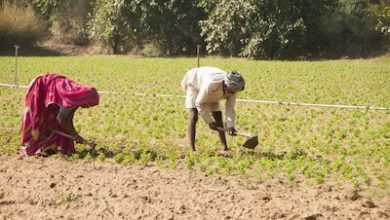Consumption, high food inflation concern for tea industry: FAITTA chief | News

)
In 2022, the orthodox tea market was buoyant as the Sri Lanka situation had turned in India’s favour. However, with exports under pressure in 2023, tea prices softened, said Shah
Sluggish growth in domestic consumption, rising food inflation and slow recovery of exports post the Covid pandemic are some of the challenges faced by the tea industry, a senior official said.
Tea producer associations and the Tea Board India have been concerned over the muted demand growth in the country, he said.
The remarks came from Sanjay Shah, chairman of the Federation of All India Tea Traders Association (FAITTA), during its 10th annual general meeting here on Saturday evening.
As retailers within the FAITTA fold, we are witnessing the market movements from close quarters. It is a fact that loose tea consumption has been giving way to packet tea, Shah said.
Rising levels of food inflation also remain a concern area, as it adversely impacts consumption, he said.
Given that incomes do not adjust as fast as prices, high inflation in essentials tend to adversely impact demand for non-essentials. Even within essentials, consumers may shift to lower priced non-premium products, he said.
The FAITTA chairman also maintained that there are underlying concerns over the ability of the market to absorb the several rounds of price increases (of tea), which have been inevitable given the sharp rise in main raw material prices last year.
With some recovery in demand from the pandemic period, average prices in 2022-23 were at Rs 180 per kg, he said.
In 2022, the orthodox tea market was buoyant as the Sri Lanka situation had turned in India’s favour. However, with exports under pressure in 2023, tea prices softened, said Shah.
The situation in 2024 has significantly altered. Looking at north Indian combined leaf and dust tea rates, prices are almost 46 per cent higher than the corresponding levels last year, the FAITTA official said.
Shah said tea production in the calendar year 2023 closed at 1,393 million kg as against 1,366 million kg in 2022.
On exports, he said after successive years of clocking over 250-million kg levels, shipments sharply declined in 2020 and 2021. Exports registered some recovery in 2022, touching 231 million kg. In 2023, exports closed at 228 million kg.
After many years of relative stagnation, Indian tea exports appear to be on a higher growth trajectory, Shah added.
(Only the headline and picture of this report may have been reworked by the Business Standard staff; the rest of the content is auto-generated from a syndicated feed.)
First Published: Sep 01 2024 | 2:22 PM IST




